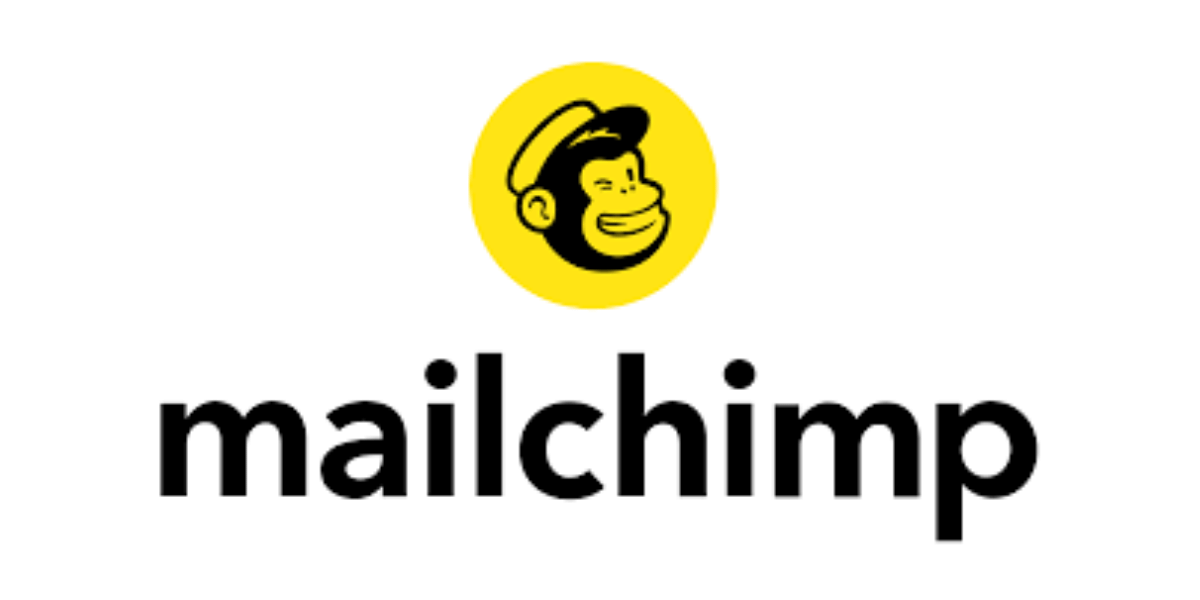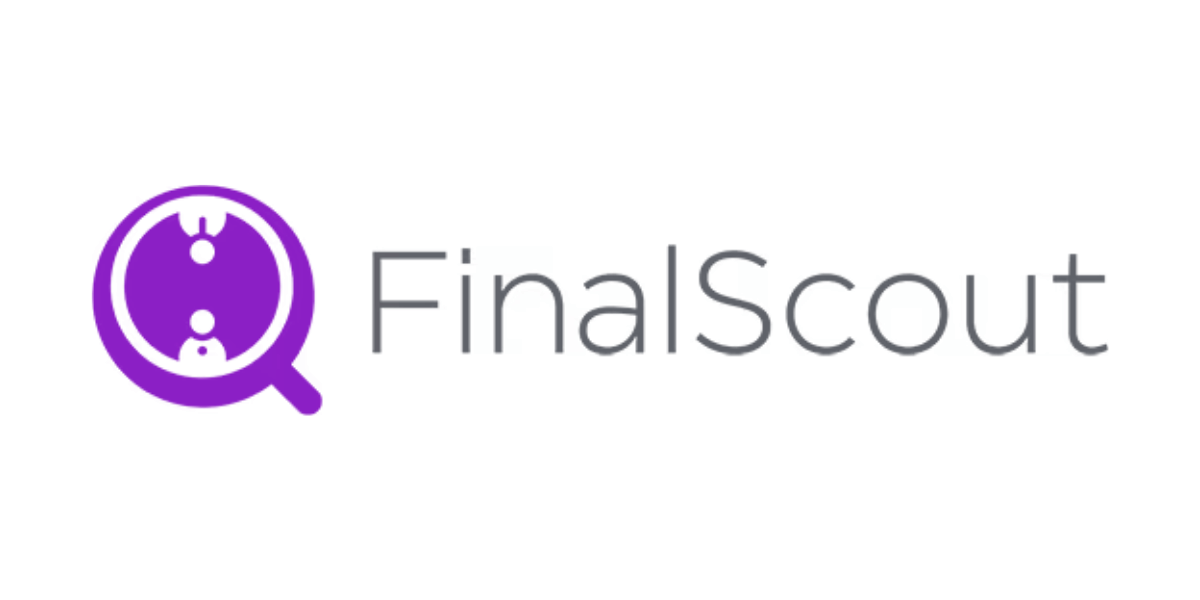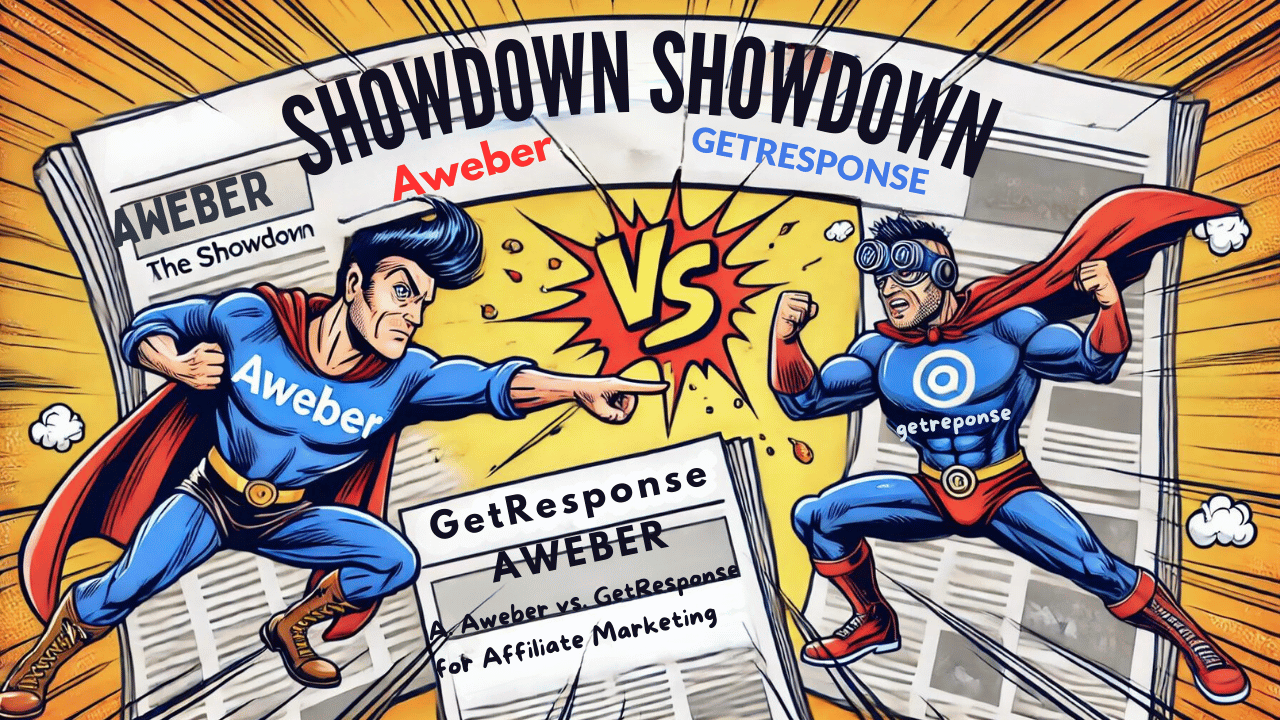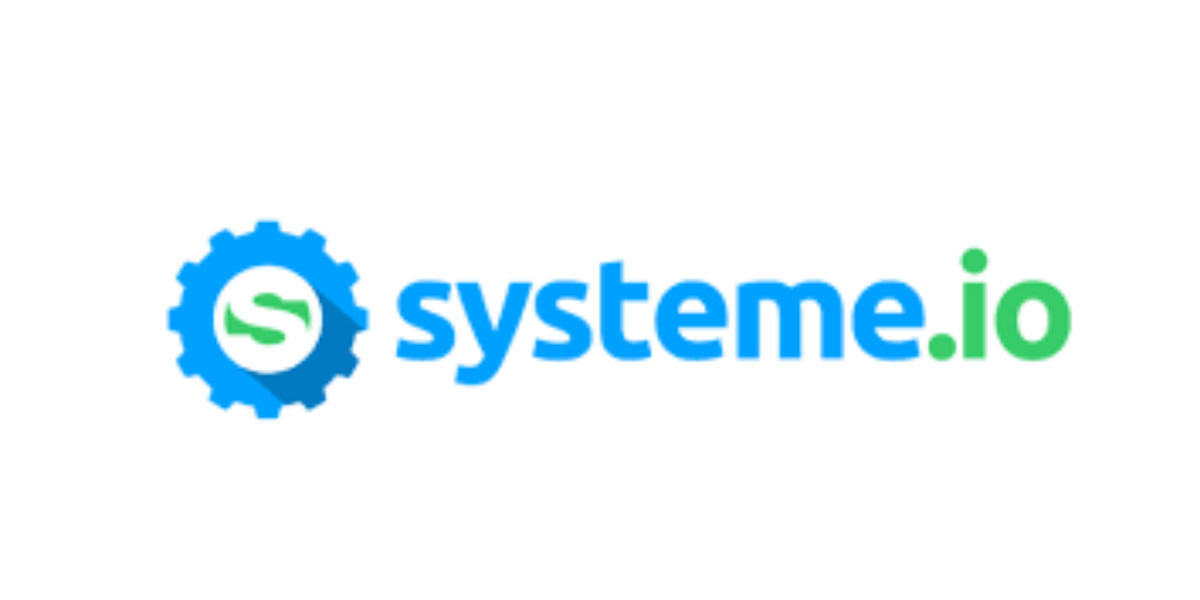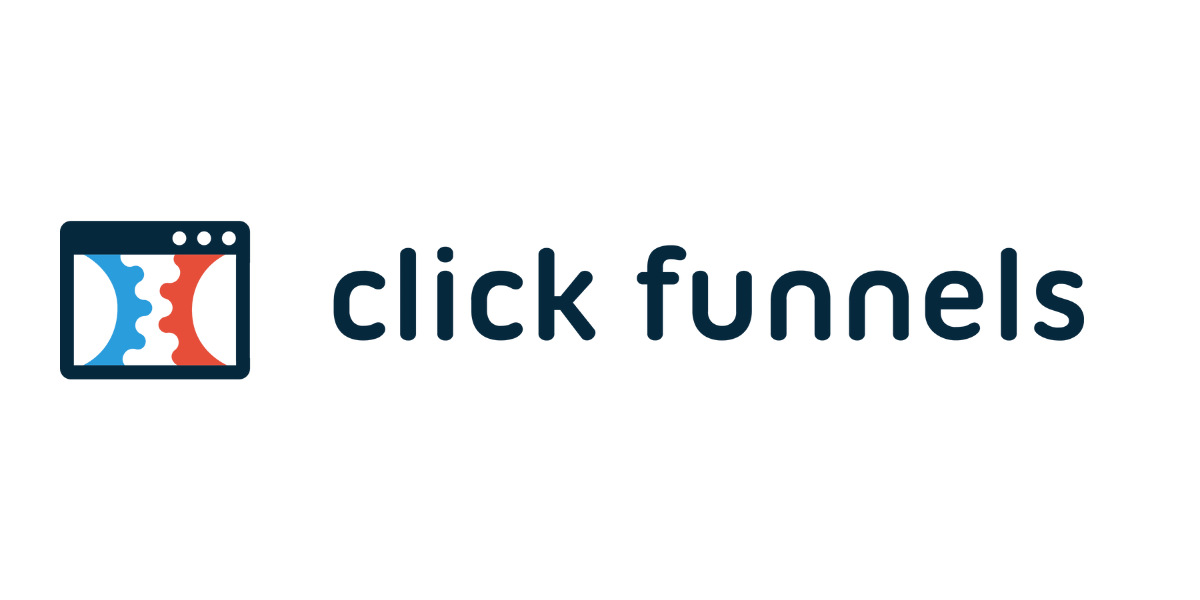When it comes to email marketing, Mailchimp is a name that almost everyone has heard of, especially if you’ve dabbled in digital marketing. Once known primarily for its easy-to-use email tools, Mailchimp has now evolved into an all-in-one marketing platform with social media, CRM, landing pages, and automation features. But, does it still hold its ground in 2024, and how does it compare to other popular autoresponders? In this Mailchimp review, we’ll break down its key features, pricing, pros and cons, and how it stacks up against competitors.
Why Email Marketing Is Still Essential in 2024
Email marketing has stood the test of time, and there’s a good reason for it: the ROI is massive. Businesses, on average, see a $42 return for every $1 spent on email marketing. Despite the rise of social media, emails remain the most direct and personal form of communication with customers. Whether you’re nurturing new leads or staying top-of-mind with existing customers, email is the channel that consistently delivers results.
So, what’s the role of tools like Mailchimp in this landscape? Quite simply, they make email marketing easier, scalable, and more efficient. But let’s dive deeper into what Mailchimp brings to the table.
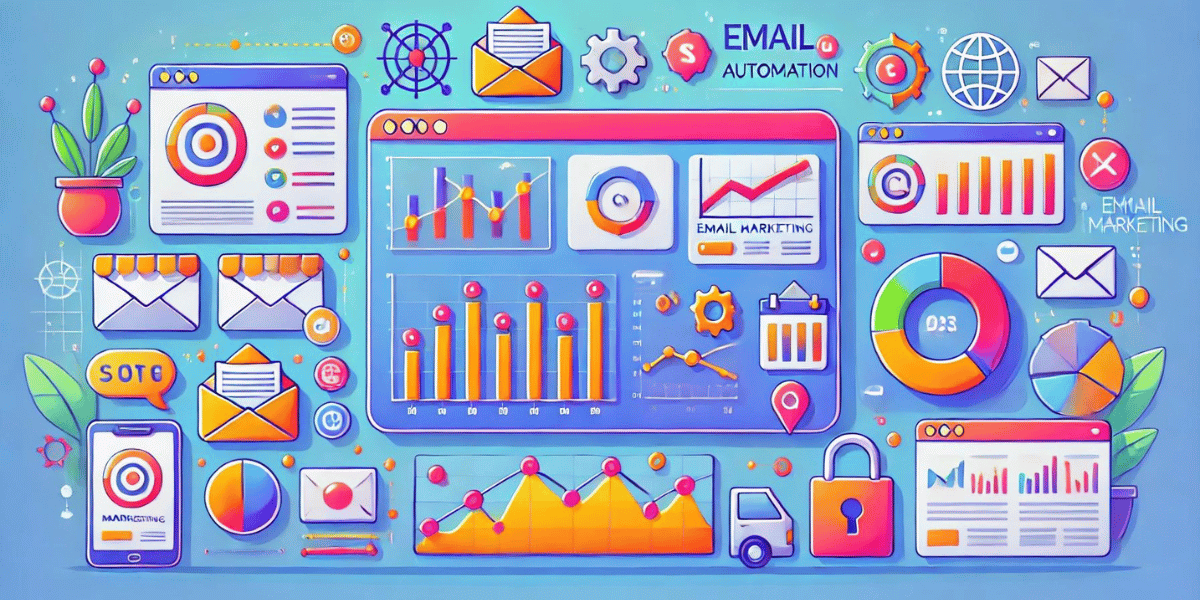
What Makes Mailchimp Stand Out?
Mailchimp started in 2001 as a simple email marketing solution, but it has since evolved into a full-service marketing platform. Whether you’re a small business owner or part of a larger enterprise, Mailchimp has positioned itself as a go-to tool for managing email campaigns, automating workflows, creating landing pages, and even running social media ads.
Here are some of the key features that make Mailchimp a strong contender in the email marketing space:
1. Easy-to-Use Interface
Mailchimp’s drag-and-drop builder is intuitive, making it easy to design visually appealing emails without any coding skills. For those new to email marketing, the platform’s simplicity is one of its biggest selling points.
2. Automation Features
Mailchimp’s automation capabilities are impressive. Whether it’s a simple welcome sequence for new subscribers or a more complex workflow triggered by user actions (like clicking on a link or abandoning a shopping cart), Mailchimp has you covered. While the free version offers basic automation, you’ll need to opt for one of the paid plans to unlock advanced automation features like behavioral targeting.
3. Comprehensive Reporting
One of the reasons Mailchimp is so popular with marketers is its robust reporting tools. It offers detailed insights into how your emails are performing, including open rates, click-through rates, and bounce rates. With its integration into Google Analytics, you can even track website conversions driven by your email campaigns.
4. Multichannel Marketing
Beyond email, Mailchimp allows users to manage ads on Facebook, Instagram, and Google. You can also use it to send physical postcards, giving businesses a unique omnichannel approach to customer engagement. This flexibility makes Mailchimp more than just an email marketing tool—it’s a full-blown marketing platform.
5. CRM and Audience Segmentation
Mailchimp includes basic CRM (Customer Relationship Management) functionality, allowing you to track contacts, tag subscribers based on behavior, and create highly targeted segments. These tools help you send personalized messages, which is key to increasing engagement.
Mailchimp Pricing: Is It Worth It?
Mailchimp’s pricing has multiple tiers, and the free plan makes it a great option for businesses just getting started. Here’s a breakdown of the different plans:
- Free Plan: You can manage up to 500 subscribers and send 1,000 emails per month. The free plan includes basic email templates, audience segmentation, and limited automation features.
- Essentials Plan: Starting at $11/month, this plan allows for up to 50,000 contacts. It includes A/B testing, more robust email templates, and 24/7 customer support.
- Standard Plan: Starting at $17/month, this plan offers additional features like advanced segmentation, retargeting ads, and behavioral automation. It’s ideal for businesses looking to scale.
- Premium Plan: Starting at $299/month, this plan is designed for larger businesses with complex needs. It offers advanced segmentation, multivariate testing, and priority support.
While Mailchimp’s pricing may seem higher than some competitors, especially for the premium plan, its all-in-one functionality can actually save businesses money in the long run by eliminating the need for multiple tools.
What We Love About Mailchimp
- User-Friendly: Even if you’re completely new to digital marketing, Mailchimp’s interface is intuitive and easy to navigate.
- Generous Free Plan: For small businesses or those just getting started, Mailchimp’s free plan is hard to beat.
- Automation Capabilities: Automation workflows are easy to set up and can save marketers a lot of time.
- Multi-Channel Features: Mailchimp goes beyond email marketing, offering solutions for social media ads, postcards, and landing pages.
- Detailed Analytics: In-depth analytics and the ability to integrate with Google Analytics make it easier to track your campaigns and optimize performance.
Where Mailchimp Could Improve
- Higher Pricing for Premium Plans: If you have a large list or need advanced features, Mailchimp can get expensive compared to other email marketing tools.
- Limited Customization in Free Plan: While Mailchimp’s free plan is generous, it comes with certain limitations, particularly around automation and customization.
- Complex Automation: If you’re looking for advanced automation with highly customizable workflows, you might find Mailchimp a bit limited compared to tools like ActiveCampaign or GetResponse.

Mailchimp vs. Competitors: How Does It Compare?
To really understand Mailchimp’s value, let’s compare it to some of the top autoresponders in the market.
| Feature | Mailchimp | GetResponse | AWeber | ActiveCampaign |
|---|---|---|---|---|
| Starting Price (Paid) | $11/month | $15/month | $19.99/month | $9/month |
| Free Plan | Yes (Up to 500 subs) | Yes (Up to 500 subs) | Yes (Up to 500 subs) | No |
| Email Automation | Basic | Advanced | Basic | Advanced |
| Landing Pages | Yes | Yes | Yes | Yes |
| Segmentation | Basic | Advanced | Basic | Advanced |
| A/B Testing | Yes (Paid plans) | Yes | Yes | Yes |
| Ease of Use | Beginner-Friendly | Slightly Complex | Beginner-Friendly | Slightly Complex |
| Best For | Small to Mid-Businesses | Growing businesses | Bloggers, Small Businesses | Marketers in need of advanced automation |
Should You Choose Mailchimp?
Mailchimp is an excellent choice for small to medium-sized businesses that want a user-friendly email marketing solution with added marketing functionalities. Its ability to handle everything from email campaigns to CRM, landing pages, and even social media ads makes it a great all-in-one platform. However, if you’re looking for highly advanced automation or if you’re working with a larger email list, tools like ActiveCampaign or GetResponse might offer more bang for your buck.
Call to Action: Ready to Try Mailchimp?
If you’re looking for a versatile, easy-to-use platform that can scale with your business, Mailchimp is worth a try. Its free plan is perfect for small businesses or entrepreneurs just getting started. Sign up for Mailchimp’s free plan today and see how it can streamline your marketing efforts.
